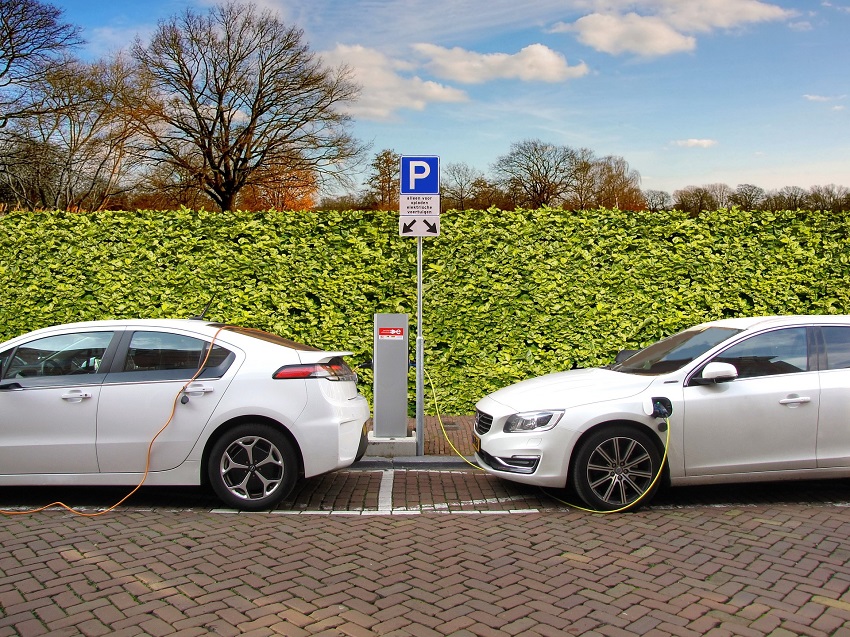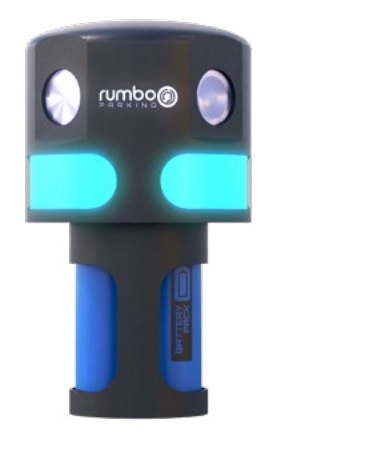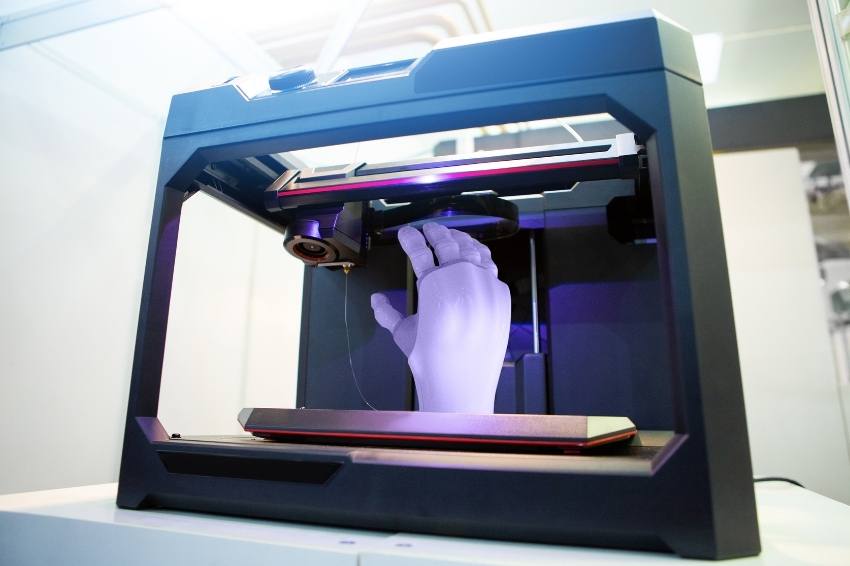Smart parking is something that needs to be implemented in the world to reduce traffic congestion and CO2 pollution. It would be better to stop using cars or vehicles that use gas, but we know this is something difficult to change.
What is the closest solution? Using technology to reduce parking times and to help drivers locate proper spaces for their vehicles.
Table of contents
What is smart parking?
How does smart parking work?
Where can smart parking be used?
Challenges of smart parking
Benefits of smart parking
What is smart parking?
Smart parking uses IoT devices such as cameras, and sensors to detect vacant parking spaces. This information is sent to the drivers in real time and helps them park the cars in a short time.
Sensors need to be online all the time in order to provide useful information to the drivers. If a city wants to improve the traffic flow and reduce CO2 contamination, it is better to start implementing smart parking.
How does smart parking work?
Several sensors are installed in specific places where the cars will be able to park. Each sensor monitors in real time the space available. There are many ways to sense a vehicle’s proximity: inductive magnetic sensor, laser, artificial vision, cameras, among others. There are other devices that will take the sensors’ information and upload it to the cloud.
Then, when a driver is near to a free parking space, or the server receives the information of the GPS location of the driver, it provides the user the information of the nearest space available. Such information will be received by the driver in a phone app that he or she had previously installed.
This process may sound too simple, but there is a lot of development and programming behind it. At DeepSea Developments, with the expertise of our engineers, we helped a company called Rumbo Mobile to develop their smart parking devices.
Where can smart parking be used?
Urban spaces are not the only places that benefit from implementing smart parking Iot solutions. There are also places like airports, hospitals, universities, shopping centers, and sports centers that can install IoT devices to deliver a better experience to drivers.
Imagine getting late to the airport, you need to park your car quickly or you will lose your flight. With the help of smart parking, you can reduce the time you spend on looking for a good parking lot, therefore, you won’t miss your flight.
Challenges of smart parking
Smart parking solutions are mostly used in open environments. This means the companies that build IoT devices for this sector need to think about potential obstacles that may arise.
Devices that work outdoors need to be resistant to all types of weather. It isn’t the same having a smart parking system in a cold city, compared to a hot place near the desert.
Outdoor IoT devices for smart parking must not require external power to function. The good performance of smart parking systems depends on the autonomy they have to work at any moment without interruptions.
Parking IoT solutions must be of outstanding quality to detect any car, to send information to them through wireless communication and update in real time the available spots for smart parking lots.
Imagine that 100 drivers are watching the same parking spot vacant on their phones at any given minute. A chaos would be generated on the streets if the IoT parking system doesn’t update the information quickly after a driver takes the spot. Then, this system would have to immediately send new information about other potential places to park.
Benefits of smart parking
There are some benefits that are worth mentioning in this article when implementing smart parking IoT in the cities.
Traffic volume decreases:
One of the most common problems in big cities is the great amount of traffic. Everybody needs to go to the office, everyone needs to go on vacations, or simply go somewhere in their vehicles. By implementing smart parking, there could be a reduction of traffic volume between 8% and 33%.
Reduction in gas emissions:
According to data collected by Rumbo Mobile, the use of smart parking devices in the cities can help reduce more or less 950.000 tons of CO2 produced by cars in a year.
Less kilometers traveled:
Using smart parking technology, drivers find a place to park quickly, and that means they have to move less kilometers to do that. This also contributes to reducing CO2 emissions.
Healthier drivers:
Smart parking brings a benefit in relation to the saved time trying to find a parking lot. That is, drivers will be able to rest their backs, shoulders, and neck. Being stuck in traffic for hours not only generates contamination, it also affects the drivers’ health; more traffic means more stress, which leads to potential illnesses.
Smart parking still is an area that needs a lot of implementations around the world, however, there are product development companies like us that are working in the construction of new devices that contribute to deploying this service.







